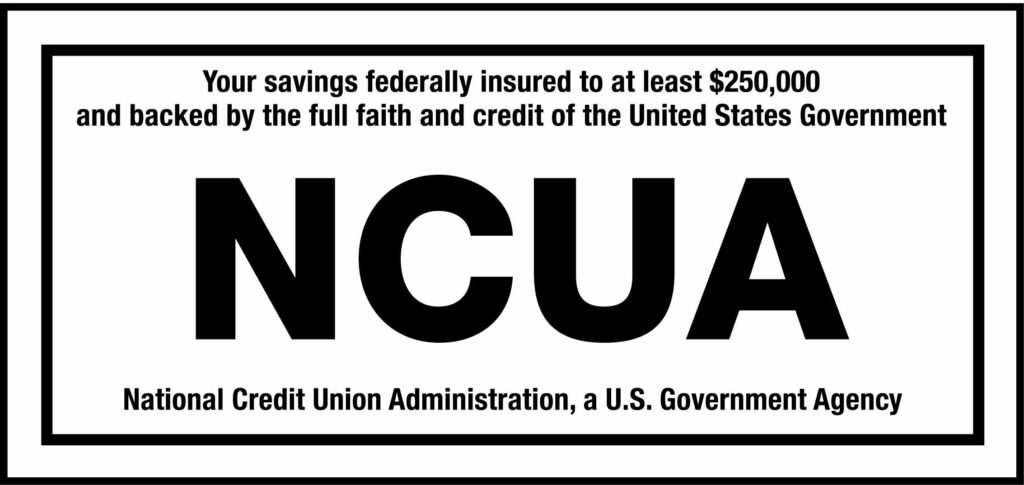7 Money Habits that Can Boost Your Credit Score
Wanna Know 7 Secrets for a Higher Credit Score?
Time to Read: 3 minutes
Having a good credit score can open doors to so many financial opportunities, like lower interest rates on auto loans, the chance to buy a house, and more credit opportunities. And while boosting your credit score may seem like a tough task, it’s doable if you know how to go about it. Here are some simple steps that can help you improve your credit score in no time!
Check Your Credit Report First!
Knowing the state of your credit score begins with checking your credit report, which is a record of your credit history that contains details about your credit accounts, payment history, and debts. You can get a free credit report from each of the three main credit bureaus (Equifax, Experian, and TransUnion) once a year. Give your report a careful look and dispute any errors you find with the credit bureau.
Always Make Timely Payments!
Your payment history is a big factor that impacts your credit score, so don’t be late or miss payments. According to Wells Fargo, payment history makes up 35% of your FICO credit score – that’s a big deal! So, it’s definitely a good idea to set up auto payments for your bills and work on paying off past debts to avoid future late payments.
Try and Cut Down on Credit Utilization
Your credit utilization, or the amount of credit you use compared to your credit limit, is another key factor that affects your credit score. Keep your utilization low (under 30% according to Experian) by paying off your credit card balances in full each month and only using your card when you need to. If you have high credit card balances, consider consolidating with a personal loan or balance transfer credit card.
Your Old Accounts Should Stay Open!
The longer your credit history, the better your credit score, so try to keep old credit accounts open and in good standing. According to CreditKarma, the age of your credit history generally accounts for 15% of your total credit scores. A good rule-of-thumb is to think twice before closing an old account, no matter what it is, because it could hurt your credit score if you’re not careful.
For example, many young adults these days begin their credit history when they take out student loans in their late teens/early 20s. If you are planning on paying off your student loans in a shorter period of time (less than 5 years), you may want to consider getting another line of credit going so that you don’t see your credit score drop suddenly (according to Transunion) once you pay off your longest credit history item.
Limit New Credit Apps
Every time you apply for new credit, like a personal loan or a vehicle loan, it shows up as a hard inquiry on your credit report, which can lower your credit score. While new credit apps only account for 10% of your FICO credit score, according to Bankrate, apply for credit when you need it and avoid opening too many new accounts in a short period of time.
Try Out a Secured Credit Card Option
If your credit score isn’t looking so good, a secured credit card can help big time. This type of card requires a cash deposit, which becomes your actual credit limit. Use the card responsibly by making on-time payments like you would with a regular credit card.
Make sure to follow standard principles, like keeping your utilization low, and over time you can build a good credit history and improve your score. This option definitely poses the least amount of risk to those who have poor spending habits!
Seek Help from a Credit Counselor
If you’re struggling with debt and your credit score is suffering, a credit counselor can help. They can help you create a budget, reduce debt, and improve your credit score. There are many reputable credit counseling agencies that offer free or low-cost services, so do your research and find one that works for you.
Keep a Healthy Debt-to-Income Ratio!
According to the Consumer Financial Protection Bureau, your debt-to-income ratio, or the amount of debt you have compared to your income, is another factor that affects your credit score.
Keep your ratio low (According to Experian, many lenders prefer ratios below 36%) by reducing debt and increasing income, and consider consolidating your debt with a personal loan or balance transfer credit card.
Wrapping Up How to Boost Your Credit Score:
Great credit scores can open up a world of financial opportunities, from lower interest rates on loans to buying a house. But don’t worry, boosting your credit score is easier than it seems!
Start by checking your credit report and disputing any errors. Making timely payments, reducing credit utilization, keeping old accounts open, limiting new credit apps, and getting a secured credit card can also help move the needle in the right direction.
If you’re struggling with debt, seek help from a credit counselor or keep a healthy debt-to-income ratio. So, take control of your finances and show your credit score who’s boss!



